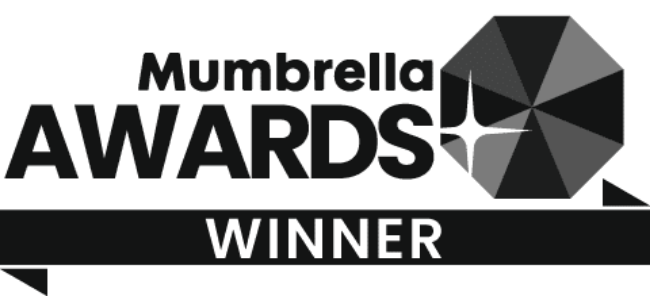RIXO SEO Case Study
Blending nostalgia with a contemporary edge, RIXO champions inclusivity, creativity and sustainability at its core. With an emphasis on quality and artistry, every piece is designed to be cherished season after season, celebrating self-expression while standing apart from fast fashion trends.
RIXO is a London-based, vintage-inspired fashion brand redefining modern femininity through timeless design and limited-run collections. Known for its size-inclusive dresses, occasion wear and ready-to-wear pieces, RIXO brings together bold prints, signature fabrics and hand-crafted details to create garments that feel as special as they look. Each collection is thoughtfully designed to empower women with confidence, individuality and effortless style, whether for everyday wear or statement-making occasions.
Context & Objectives:
RIXO recently migrated from rixo.co.uk → rixolondon.com. Alongside this, we identified critical gaps in product page SEO that limited organic visibility for key fashion search terms.
The objective is to:
1) Safeguard domain authority during the migration.
2) Improve product discoverability by optimising title tags at scale.
3) Capture core category-level search demand (e.g., midi dress, maxi dress, blue floral dress).
Domain Migration Strategy:
-
During the migration, we carried out full redirect mapping to ensure all old URLs pointed to their correct equivalents on the new site. We updated canonical tags, hreflang, structured data, and sitemaps to reference the new domain, and closely monitored Google Search Console to track any drops in product page clicks and impressions. At the same time, we engaged in link reclamation, reaching out to high-value referring domains to update their links from rixo.co.uk to rixolondon.com. This helped preserve authority and minimised disruption during the transition.
Once the migration was complete, we turned to a significant product SEO issue. The way Shopify’s PRM populated product titles meant that key descriptive elements were missing. Title tags were previously being generated in the format Product Name – Variant Title, which excluded critical details such as product type and style (for example, midi or maxi) and the main colour. Without this information, RIXO product pages struggled to rank for the kinds of generic but high-value category terms that drive organic discovery, such as midi dress or blue floral dress.
To resolve this, we designed a scalable solution by leveraging custom tagging. We recommended that PRM fields be used to automatically apply structured tags to each product, including style type, primary colour, and print. We then developed a product title template that incorporated these fields into the title tags.
For example, instead of generating:
Sandrine – Blue Miami Floral
the new title would read:
Sandrine Midi Dress in Blue Miami Floral Emerald.This approach ensures that product pages are fully optimised for how users search—capturing both branded and non-branded demand while aligning more closely with fashion category search intent.
The impact of this change should be visible in Search Console from May onwards, with improved clicks and impressions on
/product/pages and stronger rankings for head terms like midi dress and floral maxi dress.Looking ahead, this framework can be expanded beyond title tags. The same tagging logic can be applied to meta descriptions and H1s to ensure consistent messaging. We also recommend optimising collection pages around high-volume head terms such as black maxi dress or silk midi dress to further strengthen visibility at the category level. Performance should be monitored monthly, segmenting Search Console data by style type to track growth.
This work provides RIXO with a repeatable playbook: managing technical SEO effectively during major migrations, while simultaneously enhancing product metadata at scale to better align with user search behaviour.
Targeted Backlink Acquisition: Our tailored and consistent backlink outreach approach ensured 2-3 backlinks were acquired each month. This contributed to a boosted domain rating and rankings, support for our most important pages and allowed us to leverage authority from external sites.
Missing Product Information in Title Tags
Due to the way products were populated from the PRM into Shopify, key product type information was missing from the title tags. Instead of including descriptive product details, products were displayed in the format “Product Name, Variant Title”, which failed to capture attributes such as style, type, or colour.
Limitations of Shopify and PRM Setup
Shopify’s default setup, combined with the limitations of the PRM integration, did not support the automatic inclusion of these essential features in title templates.
Challenges in Consistency and Scalability
As a result, product attributes had to be identified and applied manually, creating challenges in maintaining consistency, scalability, and optimisation across the entire catalogue. This not only made it more resource-intensive to manage but also risked losing visibility for high-value search terms that customers actively use when shopping.
54.4% year-over-year increase in organic traffic
31.7% YoY increase in visibility (almost 900k impressions)
121% increase in visibility (2 million additional impressions) vs previous period (13th of March to 29th of May)
Helping the UK's Best Brands Level Up With SEO
.png)






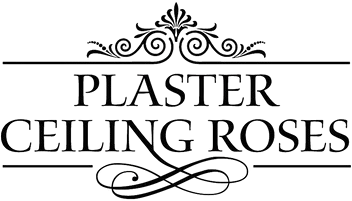





Ready to grow faster with SEO?

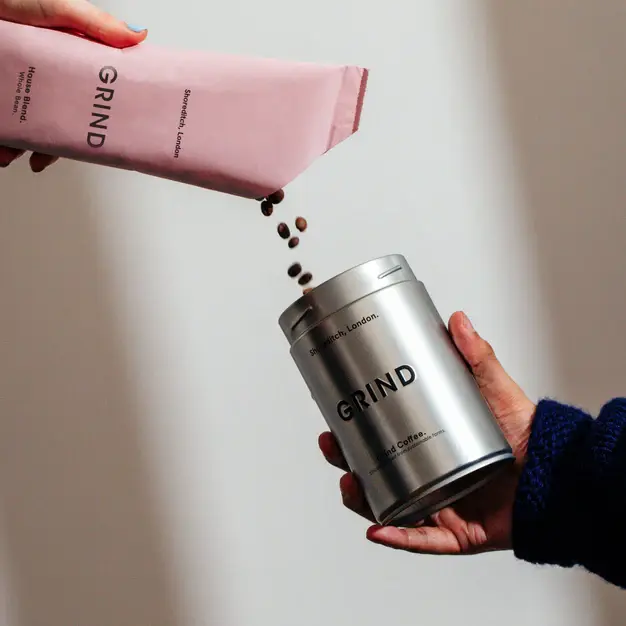
Award-Winning SEO Agency



